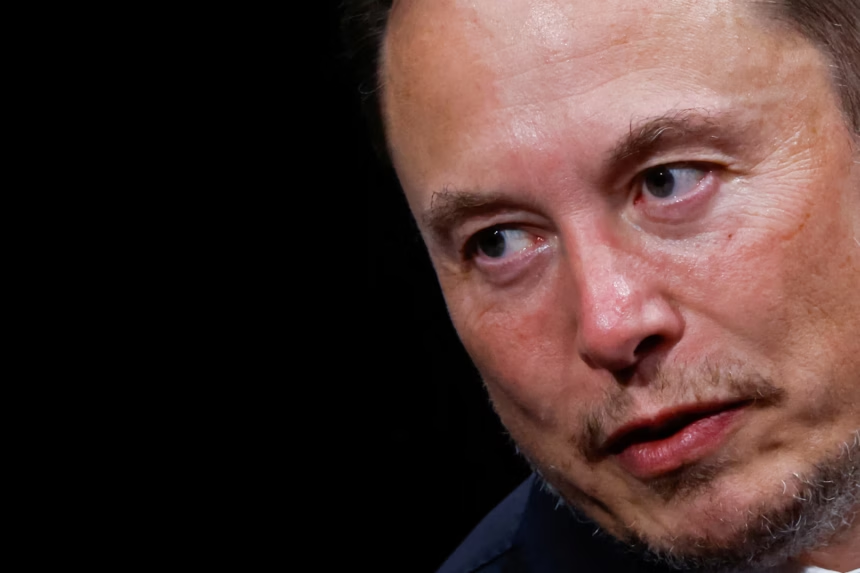xAI Sues OpenAI Over Employee Poaching and Technology Theft
On Wednesday, Elon Musk’s artificial intelligence company xAI filed a federal lawsuit against OpenAI, alleging that its competitor orchestrated a “coordinated, unfair, and unlawful campaign” aimed at stealing proprietary technology through targeted employee poaching.
Allegations Against OpenAI
The complaint, filed in California, claims OpenAI “by hook or by crook” induced former xAI employees to misappropriate the company’s entire source code, training methods, and data center deployment strategies.
Musk, who co-founded OpenAI with Sam Altman, Greg Brockman, Illya Sutskever, and others in 2015, stepped down from the board in 2018 due to conflicts of interest related to Tesla and its self-driving cars. Since then, he has adopted a confrontational stance against OpenAI, including filing a separate lawsuit last month.
According to the lawsuit, OpenAI recruiter Tifa Chen targeted multiple xAI employees simultaneously, offering multi-million dollar packages to engineers who purportedly stole source code and uploaded it to personal devices within hours of their communications.
Details of the Allegations
Xuechen Li, an early xAI engineer, allegedly “uploaded the entire xAI source code base to a personal cloud account” in July 2025 and later “admitted in a handwritten confession” to misappropriating xAI’s code and presentation materials regarding training techniques.
The lawsuit includes timestamps indicating that Li’s code theft occurred just hours after encrypted Signal messages exchanged with Chen, who allegedly reacted with “no way!” after Li copied the files, before OpenAI extended its lucrative offer.
Another early xAI engineer, Jimmy Fraiture, allegedly “used the AirDrop feature to transfer” confidential source code “at least five times” after joining OpenAI, claiming to have stolen “the majority of xAI’s code” he managed, along with experimental folders from four co-founders.
An unnamed senior finance executive who transitioned to OpenAI allegedly referred to these operations as xAI’s “secret sauce,” stating, “The data center team. Their speed and precision blew me away. I would NEVER want to compete against them.”
This executive later took an ancillary role at OpenAI, focusing on data center spending strategy despite lacking prior AI experience and, when questioned about his confidentiality obligations, reportedly “responded with crude sexual expletives” and refused to sign termination documents.
Expert Insights on the Case
Navodaya Singh Rajpurohit, a legal partner at Coinque Consulting, said that the case “leans heavily on employee poaching,” emphasizing that whether it transitions from aggressive recruiting to unlawful misappropriation “will depend on evidence not included in the filing.” He noted that “hiring alone is rarely sufficient to prove trade-secret misuse.”
Ishita Sharma, managing partner at Fathom Legal, suggested that xAI must broadly define its “secret sauce,” encompassing GPU racking, vendor contracts, pricing curves, and orchestration playbooks, which could be characterized “by the results they deliver — like faster deployment or cheaper scaling, without revealing the exact technical diagrams or formulas on the record.”
Sharma further explained that “the recruiter angle is trickier,” as liability hinges on whether recruiters acted as agents of OpenAI with the company’s prior knowledge.
For OpenAI’s defense, she suggested that the strongest strategy would be to demonstrate independent creation through “time-stamped records: internal Git commits, R&D notes, supplier invoices, and emails,” with earlier documentation conferring more credibility.
xAI seeks damages, restitution, and court orders requiring OpenAI to eliminate xAI material from its systems and even destroy models developed using it.
This lawsuit contributes to Musk’s ongoing legal conflicts with OpenAI, which includes a recent antitrust suit against Apple and OpenAI, asserting that their exclusive iPhone integration fosters unfair market dominance.



















